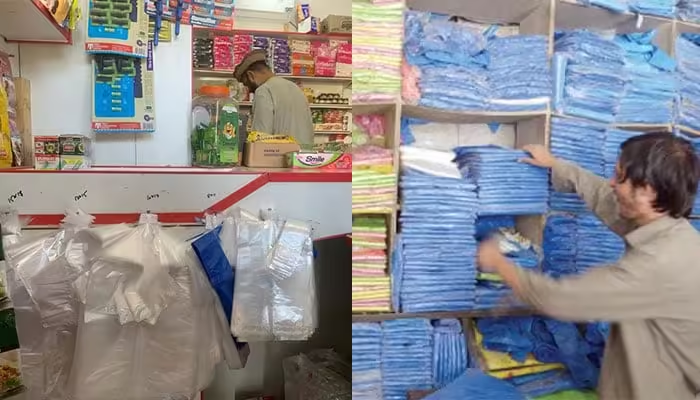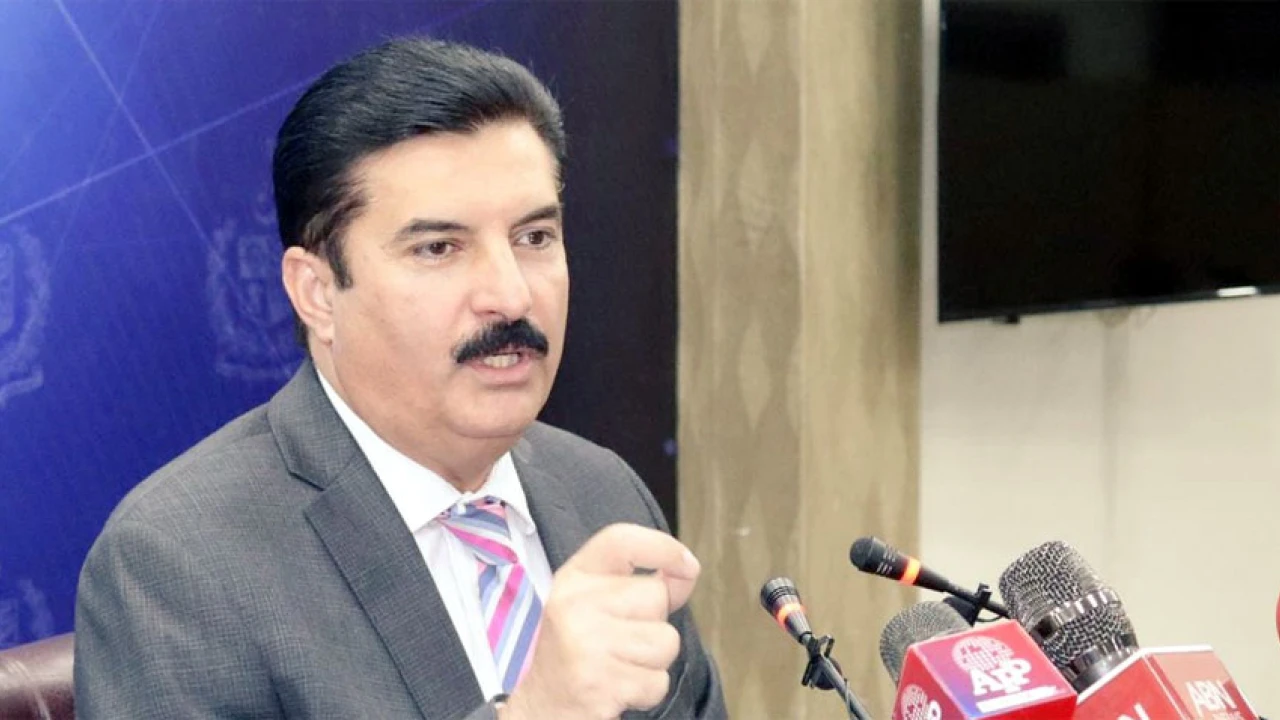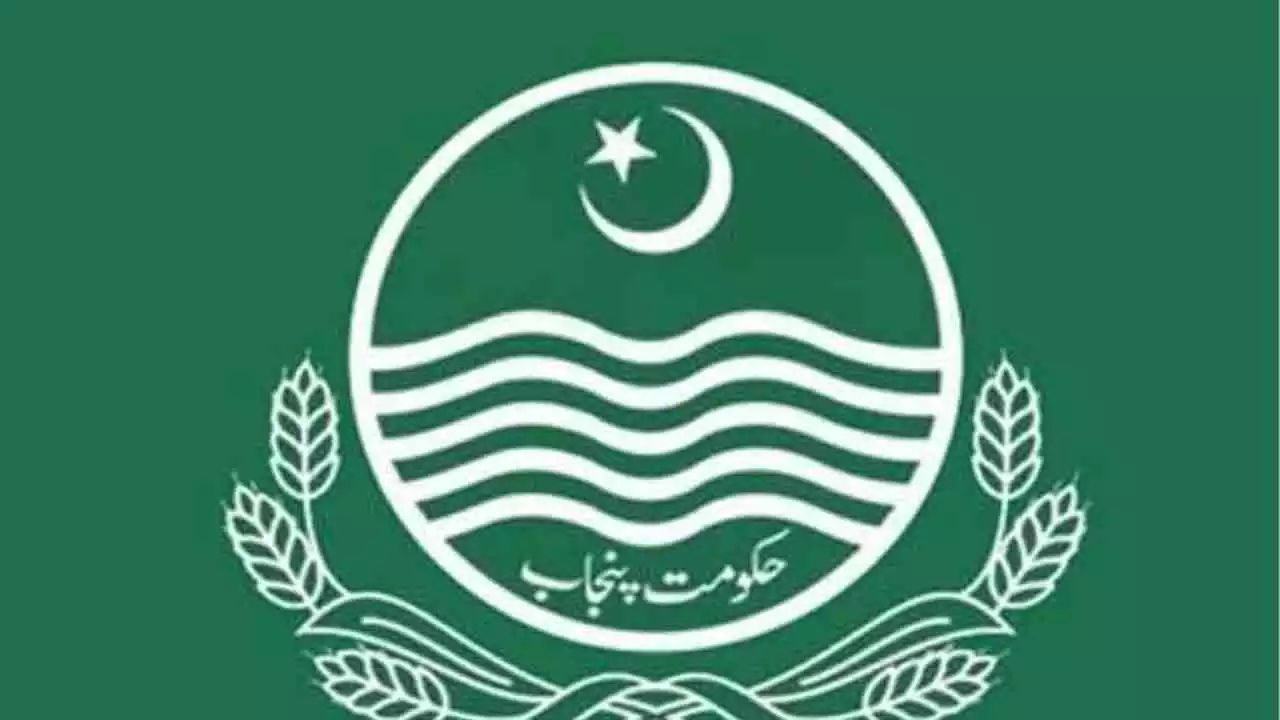Despite the government’s clear stance on banning plastic shopping bags, Lahore’s markets still see widespread use of these environmentally harmful products. The Punjab Environment Department had announced a ban on plastic bags with a thickness below 75 microns on June 5, with hopes of reducing environmental pollution. However, a stroll through the city reveals that the ban has done little to deter the continued use of thin, 12-micron plastic bags, both by wholesale dealers and retailers.
The Ban: What Was Announced?
The Punjab government’s decision to ban plastic bags was a part of its broader efforts to curb environmental pollution, which has reached dangerous levels in recent years. Thin plastic bags not only contribute to non-biodegradable waste but also clog drainage systems, contributing to urban flooding and waterlogging. Plastic waste also poses severe threats to wildlife and human health.
To counter these environmental risks, the Punjab Chief Minister approved the ban, and it was enforced by the Environment Department. In line with the announcement, manufacturers were instructed to stop producing and selling bags below the 75-micron threshold, while businesses were asked to adopt eco-friendly alternatives such as cloth or paper bags.
Reality on the Ground
Despite these efforts, Lahore’s markets tell a different story. Shopkeepers, vendors, and even carriers continue to use the 12-micron plastic bags. For many, the thinner bags remain the go-to choice due to their low cost and easy availability. This persistent use suggests that the government’s efforts, while well-intentioned, have struggled with implementation and enforcement.
In various markets, vendors cite economic reasons for their continued use of these bags. Thicker, eco-friendly alternatives are not easily available, and even when they are, they tend to be more expensive. Many small-scale businesses rely on cheap bags to reduce operating costs, making the 12-micron bags a more appealing option.
Lack of Enforcement
The lack of visible enforcement is another major issue contributing to the failure of the ban. Teams from the Environment Department, which are tasked with overseeing the implementation of the ban, are seldom seen conducting inspections in the markets. Vendors and retailers report that while they are aware of the ban, no significant action has been taken against them for continuing to use the banned plastic bags.
In fact, some vendors say that there has been no government outreach or education about where to source eco-friendly bags or how to transition their businesses away from plastic. Without clear guidance and adequate enforcement, the ban becomes more of a paper policy than a tangible regulation.
Government’s Response
In response to these challenges, the Environment Secretary of Punjab, Jahangir Anwar, has stated that stricter action will be taken starting from September 25. He has promised that cases will be filed against sellers of plastic bags and that arrests will be made if the ban is violated. Whether this stricter approach will have a tangible effect remains to be seen, but it does represent a renewed commitment to curbing the use of plastic.
However, citizens and environmental advocates are skeptical. The general public views the government’s efforts as limited to announcements, with little seriousness in actual enforcement. They question whether arrests and fines will be enough to shift the ingrained habits of businesses and consumers who have relied on these plastic bags for years.
The Broader Impact of Plastic Pollution
The environmental impact of plastic pollution in Pakistan is staggering. With the widespread use of single-use plastics, the country is grappling with an increasing amount of non-biodegradable waste that contaminates water sources, soil, and air. Lahore, one of the country’s largest cities, faces significant challenges in waste management, and the plastic ban was seen as an essential step in addressing these issues.
However, without adequate enforcement, public education, and accessible alternatives to plastic bags, the government’s plan risks falling short of its potential. To truly combat the effects of plastic pollution, Pakistan must look beyond announcements and focus on creating a circular economy, where plastic waste is minimized, and recycling is maximized.
Moving Forward: A Call for Action
As the situation stands, there is an urgent need for the Punjab Environment Department to intensify its efforts to enforce the ban. Rather than waiting for September 25, there needs to be an ongoing campaign to educate both businesses and consumers about the importance of eco-friendly alternatives. Providing subsidies or incentives for manufacturers to produce and distribute affordable alternatives to plastic bags could help ease the transition.
At the same time, businesses should be given support in adjusting to the new regulations, and consumers must be encouraged to adopt reusable bags as part of their daily routines. By creating a culture of environmental responsibility, the government can shift the conversation around plastic use from one of short-term convenience to long-term sustainability.
while the ban on plastic bags in Lahore was a significant step toward addressing the city’s environmental challenges, much more needs to be done to ensure its success. With a combination of stricter enforcement, public education, and viable alternatives, Lahore can become a model for other cities in Pakistan in the fight against plastic pollution.



